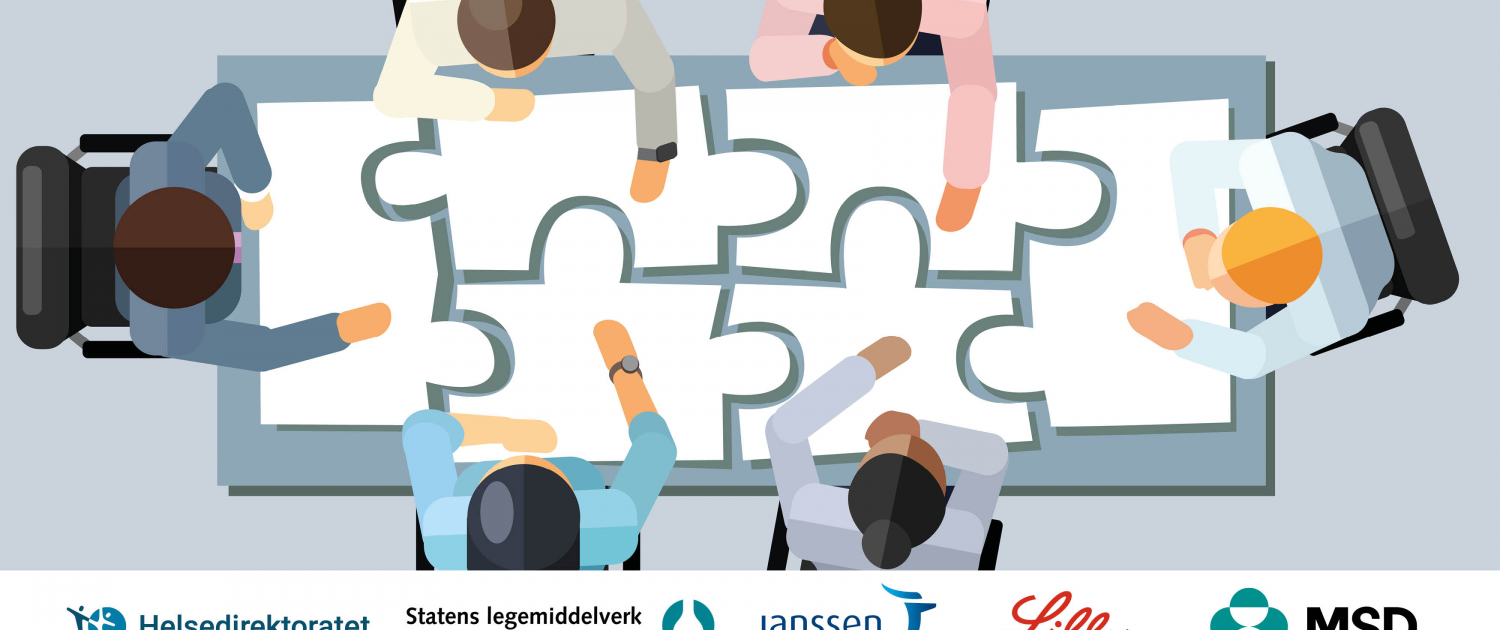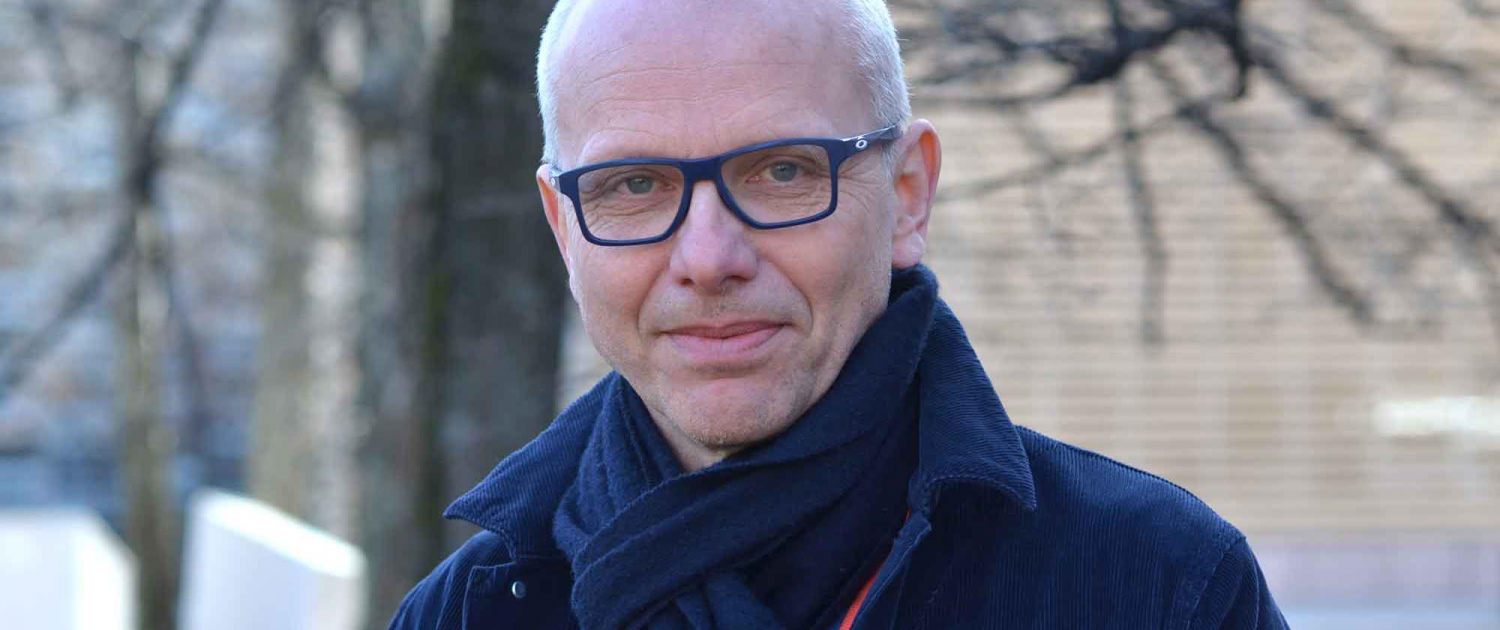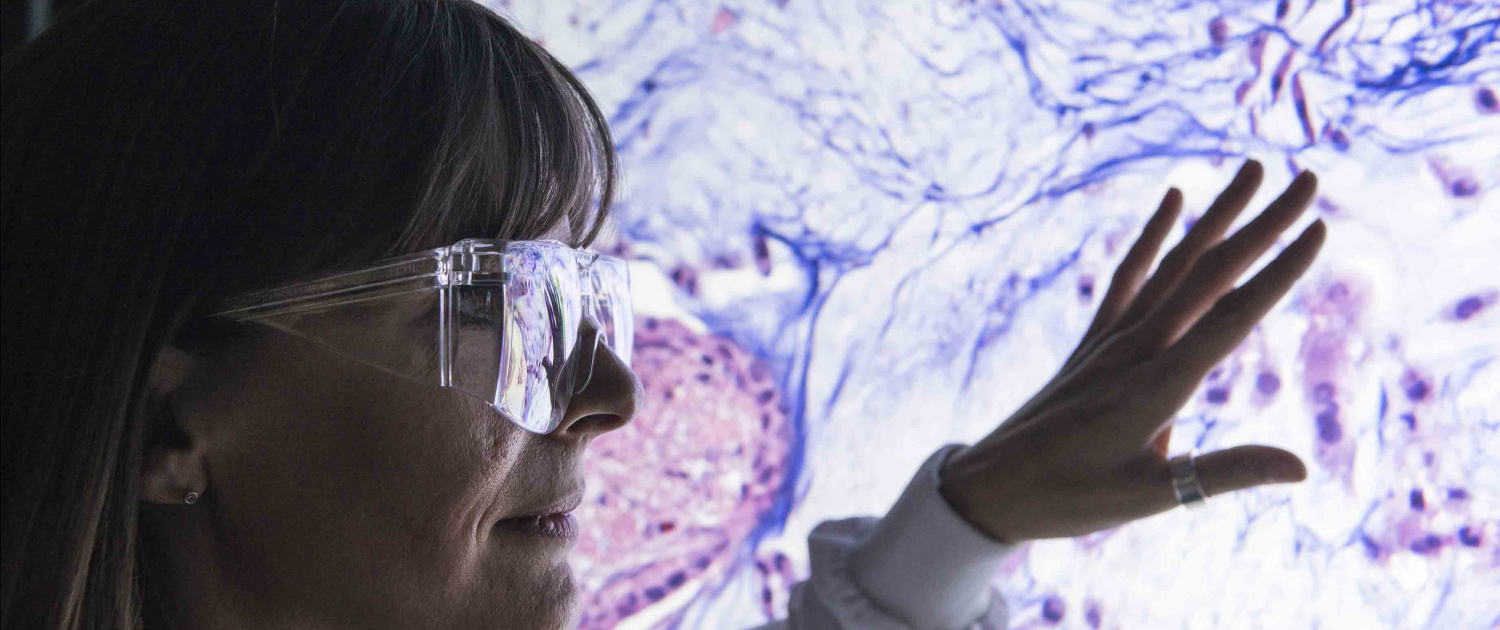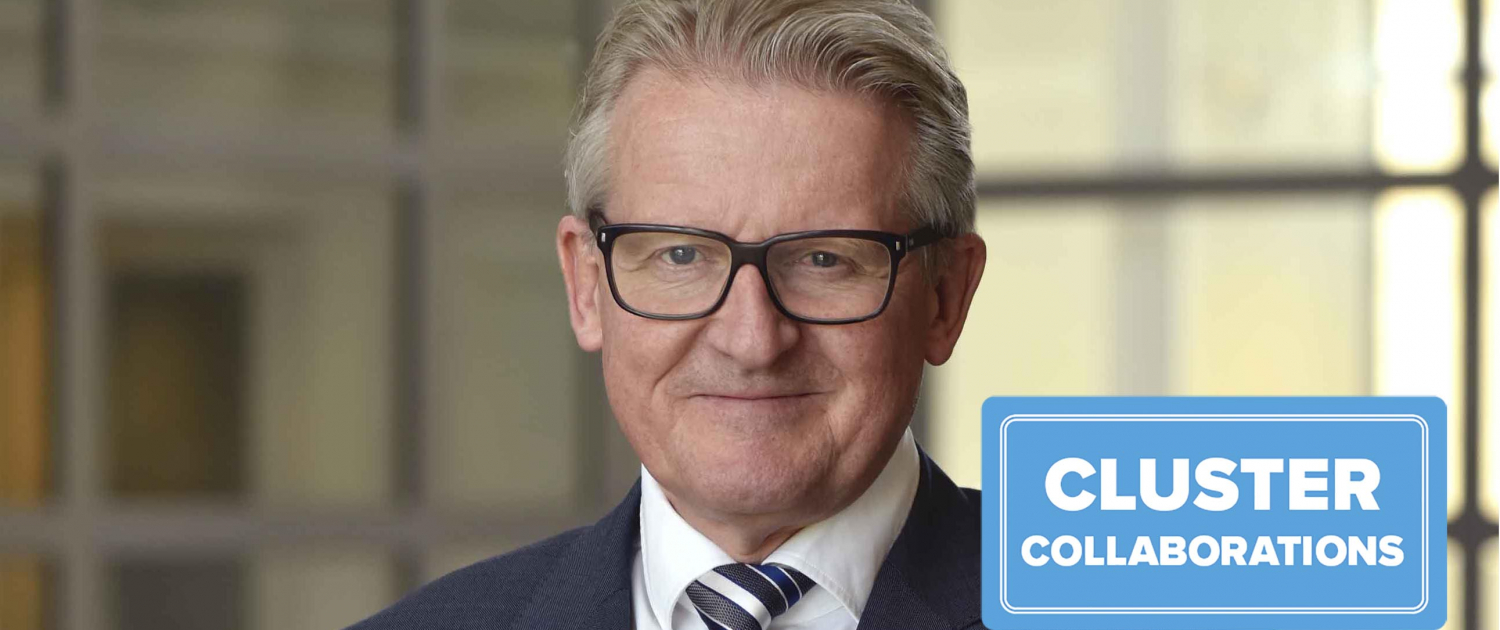
Five new partners have joined CONNECT, a public-private consortium driving the implementation of precision cancer medicine in Norway, coordinated by Oslo Cancer Cluster.
The five latest additions to the public-private consortium CONNECT include the Norwegian Directorate of Health (Helsedirektoratet), the Norwegian Medicines Agency (Statens Legemiddelverk), and pharmaceutical companies Lilly, MSD and Janssen.
The Norwegian Directorate of Health and the Norwegian Medicines Agency are the most recent public partners to join this unique national public-private partnership.
“The Norwegian Medicines Agency is happy to have joined CONNECT as an observer. Personalised medicine is currently high on the agenda, and we look forward to the extended opportunity for dialogue with national and international stakeholders, provided by CONNECT,” said Karen Marie Ulshagen, Strategic Director, Timely Access, Norwegian Medicines Agency.
The ten pharma companies who co-founded CONNECT in December 2020 are now accompanied by Lilly, MSD and Janssen, all sharing the same vision to drive the implementation of precision cancer medicine in Norway.
“CONNECT represents a collective effort between partners in the healthcare industry (private, public and voluntary sectors) and has the potential to build a culture which fosters innovation, collaboration and development of competency with the increased benefit for the individual patient as the core priority,” said Hilde Enserink, interim Medical Director and Oncology Lead, MSD Norway.
“With our focus on precision cancer medicine in our pipeline and our belief that dialogue and co-operation between all stakeholders is the right way forward, CONNECT fits very well with our purpose in Janssen. In the end though, it is the patients that matter the most and we hope CONNECT will eventually lead to a wider and earlier access to new precision cancer medicines for cancer patients in Norway,” said Sverrir Valgardsson, Medical Affairs Lead, Janssen Norway.
Ravinder Singh, Senior Clinical Research Scientist, Nordic Medical Lead, Lilly, complemented: “The implementation of precision medicine in Norway is a very important measure for Norwegian cancer patients, but at the same time very challenging considering the technological, medical, and regulatory aspects. A united front to facilitate precision medicine, where the pharmaceutical industry is seen as a partner rather than a financial contributor, will be of use for the academic milieu, the industry itself and for Norwegian cancer patients.”
Other CONNECT partners are the Norwegian Pharmaceutical Industry Association (Legemiddelindustrien – LMI), the Norwegian Cancer Society (Kreftforeningen), the Norwegian Institute of Public Health (Folkehelseinstituttet) and the tech companies NEC and PubGene. The unique blend of participants enables CONNECT to address current obstacles facing precision cancer medicine in Norway.
Gathering experts to find new solutions
CONNECT was initiated by 22 founding partners in December 2020 and is coordinated by Oslo Cancer Cluster.
Since its establishment, CONNECT has carried out its activities through four working groups gathering experts from the different university hospitals, authorities, industry and the Norwegian Cancer Society. The working groups had regular digital meetings since February 2021, where they created a joint understanding of the challenges and opportunities associated with the introduction of cancer precision medicine in a public healthcare setting and started the first initiatives.
CONNECT has also offered open, educational meetings and some are still available to be viewed via the CONNECT webpage Recordings of past events.
The next public meeting will take place during Arendalsuka and be held in Norwegian. The topic is How to succeed with precision cancer medicine – Research and collaboration that brings us further. The event will include conversations about emerging research and treatment opportunities for cancer patients in Norway.
Collaborating with national clinical study
CONNECT has facilitated dialogue meetings between industry representatives and the national initiatives IMPRESS-Norway and InPreD.
IMPRESS-Norway is a national clinical study in precision cancer medicine, which is testing off-label treatments on cancer patients based on molecular changes in the patient’s tumour. Patients with advanced cancer disease can receive molecular diagnostics through InPreD (Infrastructure for Precision Diagnostics) and are discussed in a national molecular tumour board. Patients who are eligible for the treatments available in IMPRESS are then offered to participate in the clinical study.
The pharmaceutical company Novartis agreed this week to contribute six new medicines to IMPRESS-Norway to treat up to one hundred patients. More information about this will be published in English next week.
 OUS
OUS

 LINK Medical
LINK Medical

